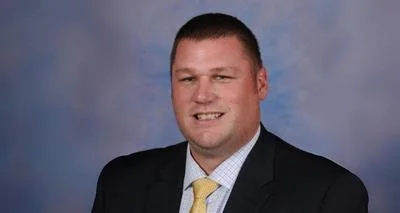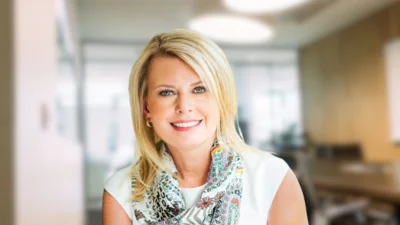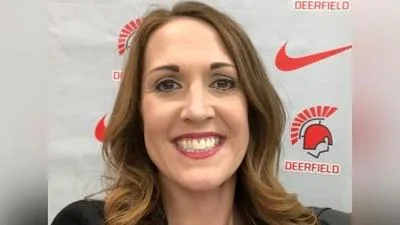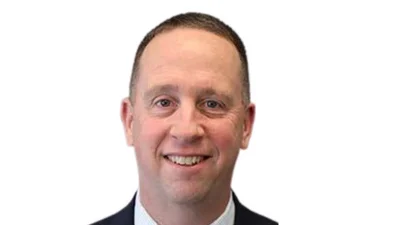Officials evaluate growing cost of higher education. | Courtesy of linkedin.com
Officials evaluate growing cost of higher education. | Courtesy of linkedin.com
Peter Roskam (R–IL), the chairman of the House Ways and Means Oversight Subcommittee, recently gave an opening statement at a hearing where officials discussed the increasing costs for higher education.
Roskam and others are concerned that the rising cost of higher education tuition is connected to U.S. tax policy.
Many students begin college thinking about the positive memories they will make and the opportunities they will experience. The reality is that when they graduate -- and even before they graduate -- tuition checks are being written and college loan debt is piling up.
“The current median income in the U.S. is about $55,000 a year,” Roskam said. “If you look at private, nonprofit, four-year schools, the average sticker price — meaning the advertised price before financial assistance — is more than $31,000. For a public four-year college, it’s just under $10,000. On top of all that, students need to buy food and books and pay rent. The College Board estimates that students need to spend between $15,000 and $23,000 each year to cover those costs. So without financial aid, college could cost somewhere between $24,000 to $54,000 a year. And students are graduating with, on average, $33,000 in student loan debt.”
Paying for college has become one of the largest financial challenges in modern society.
“We talk a lot about the increasing costs of healthcare in this committee,” Roskam said. “Tuition makes those numbers look tame. Medical costs have increased over 600 percent over the last forty years. But tuition and fees have doubled that, increasing over 1,200 percent — and they show no signs of slowing down. Today we’re here to look at what’s behind the rising cost of college, and to consider whether this nation’s tax policies are partly to blame.”
Roskam has represented Illinois's 6th District in the House of Representatives since 2007. Born in Hinsdale, Illinois, in 1961, Roskam previously served as Chief Deputy Whip from 2011 to 2014. Rep. Roskam was educated at University of Illinois & Chicago-Kent College of Law and is married to Elizabeth. He serves on the following committees: Committee on Ways and Means.






 Alerts Sign-up
Alerts Sign-up